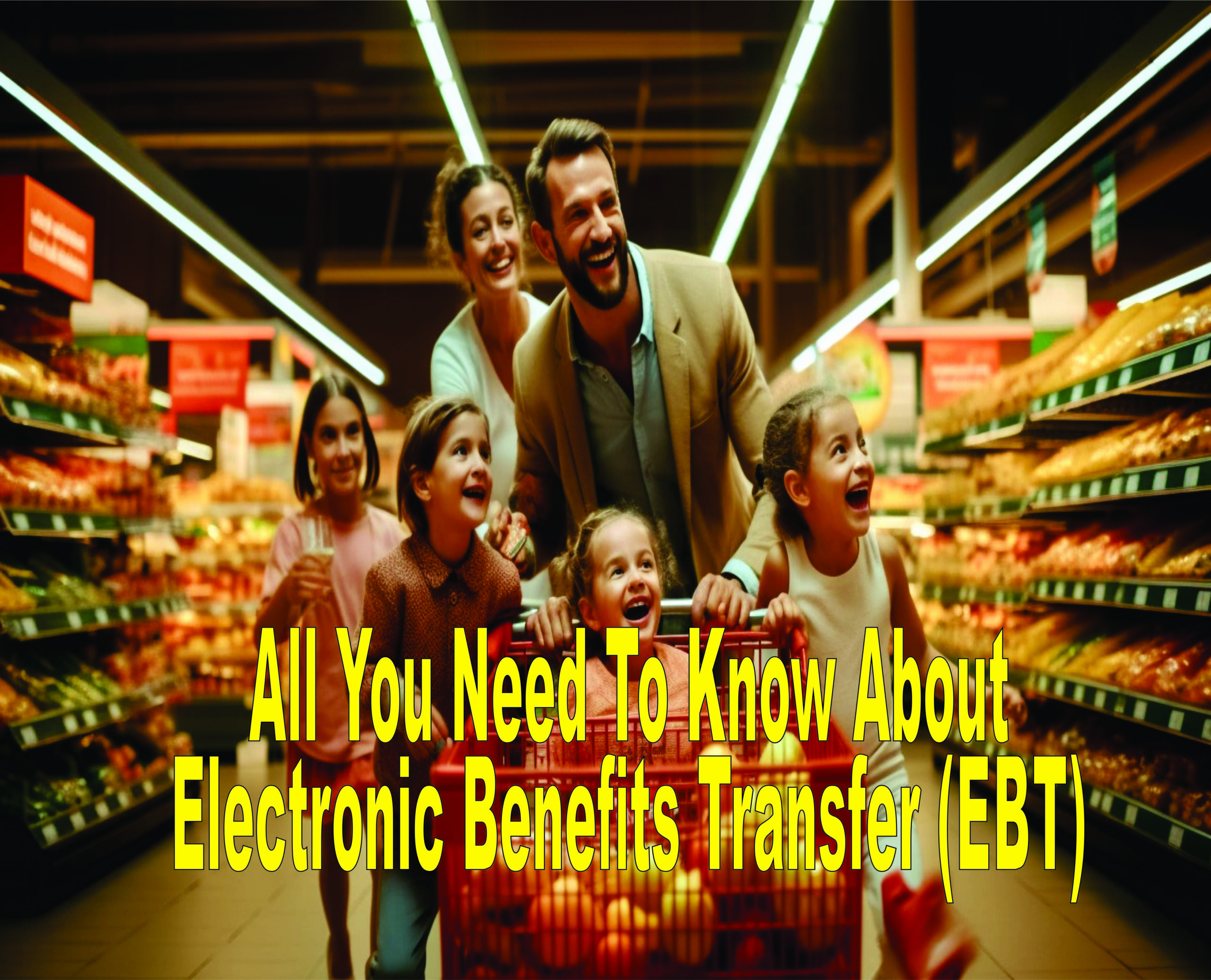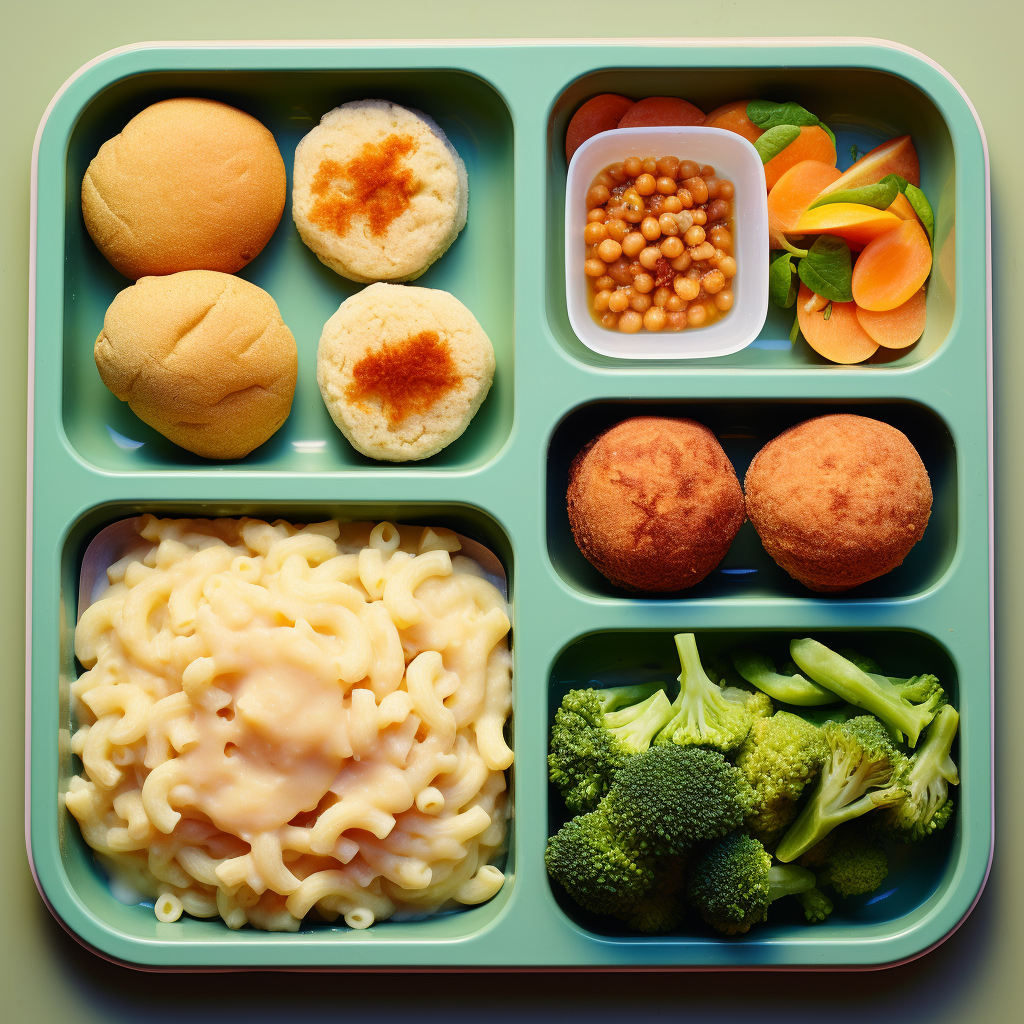Last Updated on January 22, 2024 by Lori Pace
Electronic Benefits Transfer (EBT), is an electronic system that allows SNAP participants to purchase food with SNAP benefits. Participant shops in SNAP-authorized retail stores. Their SNAP EBT account debits to reimburse the store for food purchased.
You can use EBT in all 50 states and the District of Columbia. It is also available in Puerto Rico, Guam, Puerto Rico, Puerto Rico, and the Virgin Islands. Since June 2004, EBT has been available in all 50 states as the only method to issue SNAPs.
Supplemental Nutrition Assistance Program (SNAP)
You must meet certain eligibility requirements to be eligible for SNAP benefits. These requirements vary from one state to the next. The USDA Food and Nutrition Service determines eligibility. The USDA website has information about state requirements.
You can only use EBT cards at approved retailers. SNAP does not allow purchases of certain goods, such as hot food at the time of sale, tobacco, alcohol, nicotine, vitamins, or supplements. It also prohibits certain non-food items, such as pet food, cleaning supplies, and hygiene items.
The Special Supplemental Nutrition Program for Women, Infants, and Children, more commonly known as the WIC program may also use an EBT Card. WIC protects the health and well-being of low-income pregnancies, postpartum, breastfeeding mothers, infants, children, and adolescents up to five years old who are at risk for nutritional deficiencies by providing healthy foods to supplement their diets.

What Is An Electronic Benefits Transfer (EBT) Card?
Clients can get benefits like SNAP or Cash Assistance by using electronic Benefits Transfer Cards. EBT cards work the same way as debit cards, but you can only use them at certain retailers and for specific goods.
Is EBT Like a Credit Card?
EBT, or electronic benefits transfer card, is a card that has a magnetic strip and eligible citizens can only receive it. It is full of benefits such as Cash Assistance and Supplemental Nutrition Assistance Programs (SNAP). EBT cards work more like debit cards. Each month, recipients receive an amount for their household size and income. With each purchase, their balance decreases.
What Are EBT Cash Benefits?
A monthly amount of money is loaded onto the cards of the recipients depending on their income and household size. However, the money cannot be used for specific goods, depending on which program it is. SNAP benefits are for food only. It doesn’t cover alcohol, tobacco, or vitamins and supplements.
What is Pandemic Electronic Benefits Transfer (P-EBT)?
P-EBT is part of the U.S. government’s response to the COVID-19 epidemic. It was created by the Families First Coronavirus Respond Act (FFCRA). P-EBT offers benefits that are very similar to SNAP benefits to children who would otherwise have received reduced or free school meals due to COVID-related school closings or school attendance or hours reductions.
FNS published the Pandemic EBT Transfer (P-EBT), Integrity Final Rule on November 4, 2020. This rule is codified at 7 CFR 284.1. FNS must treat P-EBT benefits as SNAP benefits in order to identify and sanction program violators.
How can P-EBT benefits be used?
P-EBT households have the option to use their benefits at SNAP-authorized retailers to purchase eligible food (i.e., the same foods that are available with SNAP benefits).
What are prohibited activities (i.e program violations) in P-EBT?
What are the penalties for violating these regulations and what are the penalties for these violations? According to Section 284.1 of SNAP regulations, penalties and violations of P-EBT are the same as SNAP violations. You can review the SNAP retailer training materials on USDA website. P-EBT violations can be summarized as follows:
Trafficking
Selling or buying P-EBT benefits in exchange for cash. Trafficking can result in permanent disqualification, forfeiture, or a monetary fine for each violation.
Selling Ineligible Items
A 3- to 5-year disqualification, or equivalent civil penalty, may be imposed for selling cigarettes, tobacco, alcohol, and other expensive items in exchange for P-EBT benefits.
Selling Common Ineligible Items
Such as detergent and paper products, may be disqualified for up to three years or a civil money penalty.
What Is the Difference Between SNAP and Electronic Benefits Transfer (EBT)?
The benefits of SNAP, or Supplemental Nutrition Assistance Programme, are loaded onto an EBT card. EBT, or electronic benefits transfer, is simply how eligible citizens get their benefits.


